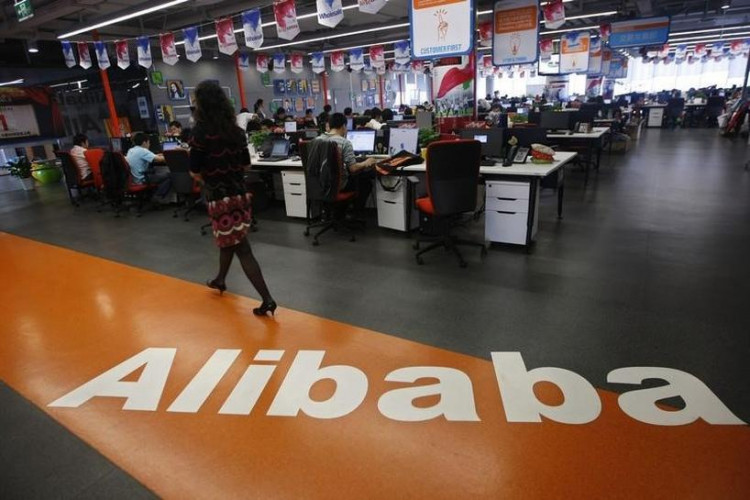The Securities and Exchange Commission of the United States is scrutinizing Chinese equities, and investors are paying attention.
On Thursday, popular Chinese stocks such as Alibaba fell as much as 10% after the regulatory agency named five Chinese companies for possible delisting from US exchanges owing to poor disclosures.
BeiGene, Yum China Holdings, Zai Lab Limited, ACM Research, and Hutchmed Limited were the five businesses named by the SEC.
Following the SEC notification, Yum China's stock dropped as much as 15%. Yum China controls the franchise rights to KFC and Taco Bell in China.
The Holding Foreign Corporations Accountable Act set a three-year deadline for foreign companies to comply with its auditing requirements, which was activated by Thursday's notice.
Due to worries over data privacy, China has prohibited corporations from engaging with such audits.
The HFCAA became law on December 18, 2020, prompting the SEC's determination.
According to the act, the SEC must identify publicly traded foreign businesses on US markets that will not allow a US auditor to completely inspect their financial books.
Since the statute entered into existence, this is the first time the SEC has identified corporations.
The five corporations named by the SEC have until March 29 to submit documentation to the SEC opposing their designation under the HFCAA law.
The SEC has the authority to delist Chinese equities if they refuse to allow a US accounting firm to audit their financial statements for three years in a row.
All of this amounts to a widening gap between the United States and China, which could cost investors billions.
If a U.S.-listed Chinese company refuses to have its financials audited by a US-based auditing firm, it will be in violation of the new rule and face delisting.
That implies shares will have to be relisted on a foreign exchange, which may be a major burden for US shareholders who don't have access to overseas markets.
Despite the fact that Alibaba and JD.com have not been recognized by the SEC under the HFCAA law, investors are fleeing the market.
However, Warren Buffett's right-hand man, Charlie Munger, may see value in this downward volatility, as his Daily Journal Company owns a major interest in the Chinese e-commerce behemoth.
On Thursday, the KraneShares CSI China Internet ETF plummeted as much as 10%, and is now down more than 70% from its all-time high.






